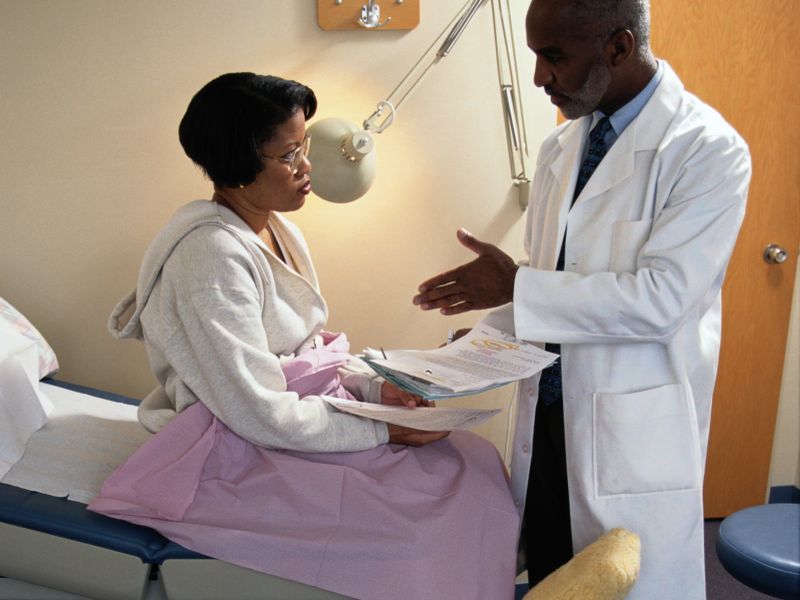
Women prefer to see female urologists, but there are far too few to meet a growing demand, a new study reports.
Researchers analyzed patient data from 2003 to 2012 for more than 6,000 urologists across the United States. Women represented 54 percent of patients for female urologists, and 32 percent for male urologists, the study found.
Of an estimated 9,600 U.S. urologists, between 8 percent and 12 percent are women, according to the study.
“Every day in my practice I hear women say, ‘Oh, I’m so glad you’re here. It has taken me a long time to find a woman in this field,'” said study senior author Dr. Sarah Flury. She is an assistant professor of urology at Northwestern University’s Feinberg School of Medicine.
“In some smaller cities, there isn’t a single female urologist,” Flury said.
The number of female urologists did increase from 34 in 1981 to 512 in 2009, and the percentage of female urology residents rose from 5 percent in 1989 to 23 percent in 2011.
“The field has been lacking in gender equality,” Flury said in a university news release. “There is an unmet need.”
As they age, more women are seeing urologists, and a main reason is incontinence. The stigma around the condition has eased, and more women are seeking treatment for it, the researchers explained.
The study’s lead author, Dr. Daniel Oberlin, chief urology resident at Feinberg, said, “In many medical specialties there is a discrepancy between men and women in the field, but urology has one of the largest gender disparities.”
The study looked particularly at gender-neutral surgeries — procedures that are not specific to men or women. It found that female urologists perform a larger share of these surgeries on female patients than male urologists do.
“We often assume that a physician’s training, experience and expertise may influence the type of patients they treat, yet this is the first time we have shown that a surgeon’s gender alone will shape the gender of patients they see in clinic,” Oberlin said in the news release.
More women must be encouraged to pursue urology, he added. “The misconception is urology tends to deal with male issues, but we deal with the kidneys, bladder and entire urinary tract — a lot of organs that affect women,” Oberlin said.
The report was published online recently in the Journal of Urology.
More information
The U.S. National Institute of Diabetes and Digestive and Kidney Diseases has more about urinary incontinence in women.
Source: HealthDay

Leave a Reply